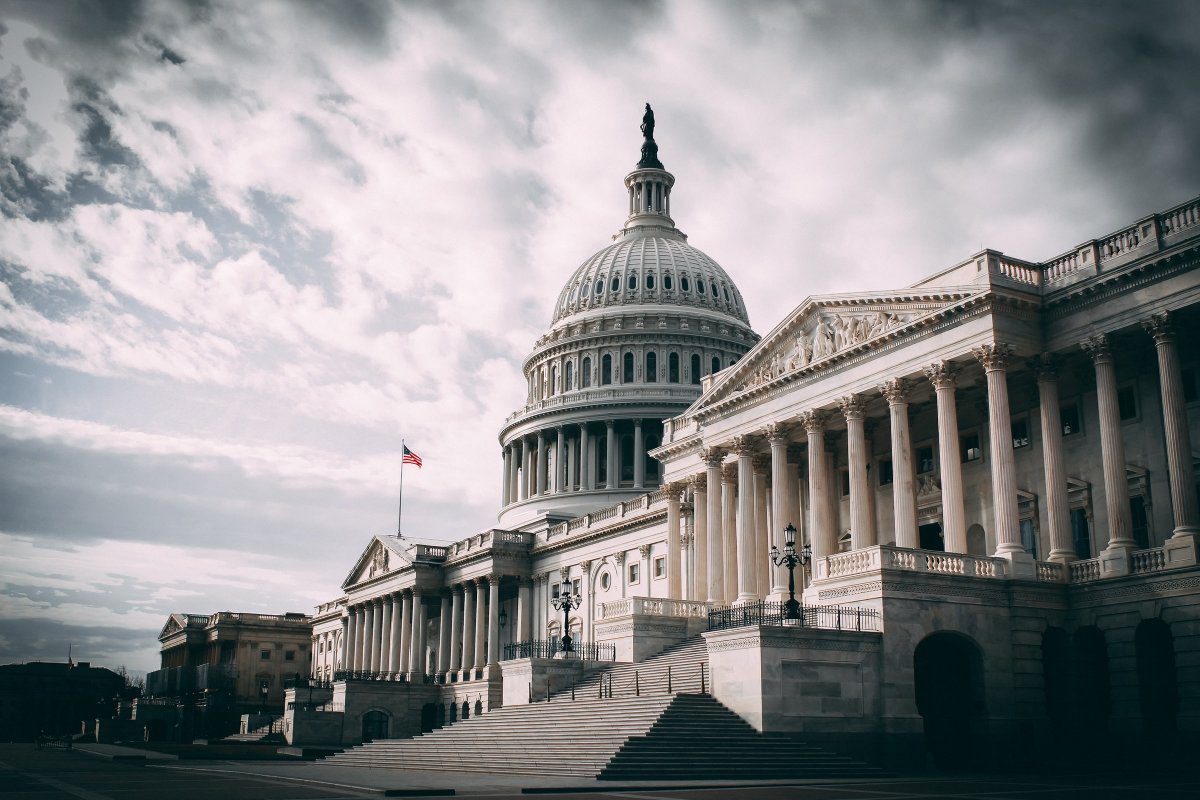Skift Take
Brief government shutdowns haven’t typically had a big impact on the travel industry. But the longer they go on, the greater the chance for staffing issues and other service disruptions.
The U.S. Congress agreed to a plan late Saturday to fund the government through mid-November and, for now, avoid a shutdown.
The last-minute deal gives more time for lawmakers to negotiate, but the risk of a shutdown looms with funding set to run out November 17 without a longer-term fix.
What happens then? Not everything stops in a government shutdown, because many employees are deemed “essential” and continue to work. That includes airport security agents, customs officials and air traffic controllers.
But the longer it goes on, the more likely it is that travelers – and the travel industry – could encounter increased hassles.
During the partial, 34-day government shutdown between late 2018 and early 2019 — the longest ever — the travel industry faced issues including garbage overflowing at national parks, long security lines at airports and flight delays.
Here’s how shutdowns affect various parts of the travel industry.
Air Traffic ControllersAir traffic controllers are considered “essential” government workers, so by law they are expected to work during a government shutdown.
But that doesn’t mean there wouldn’t be an impact. Thoug
